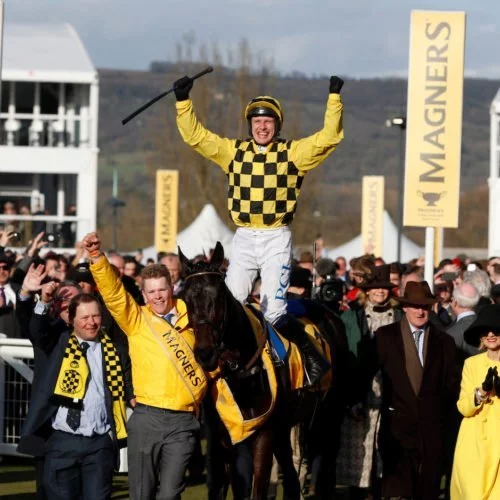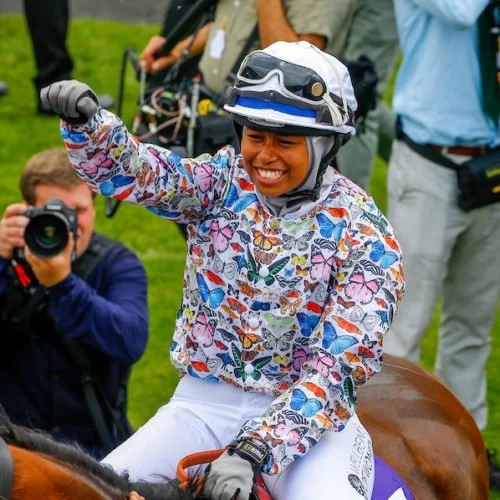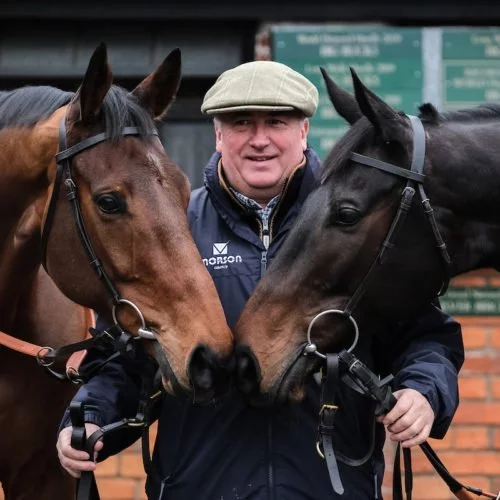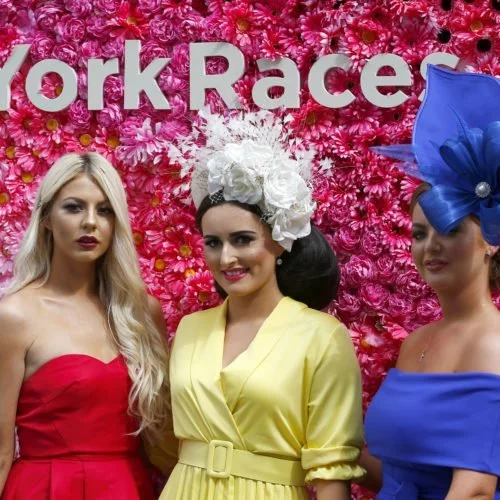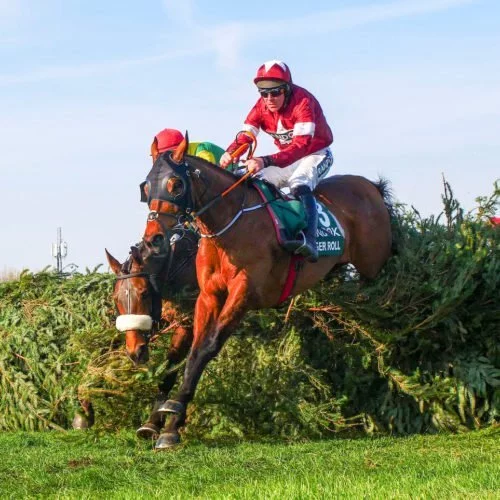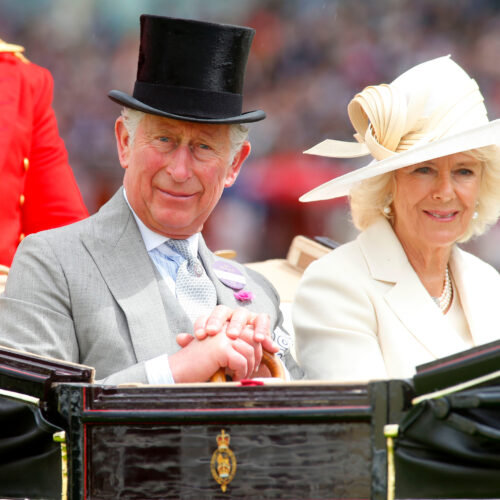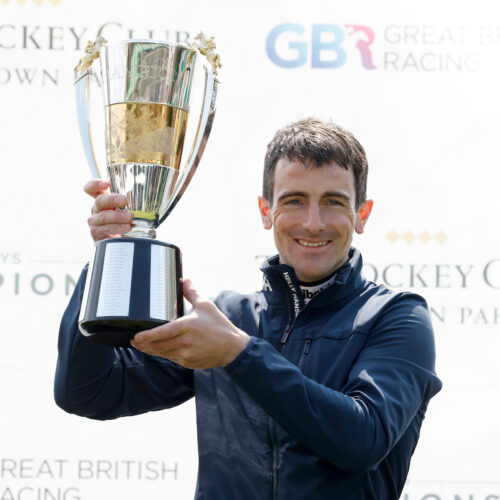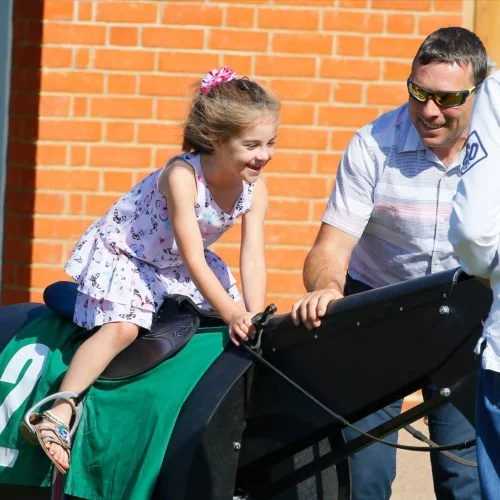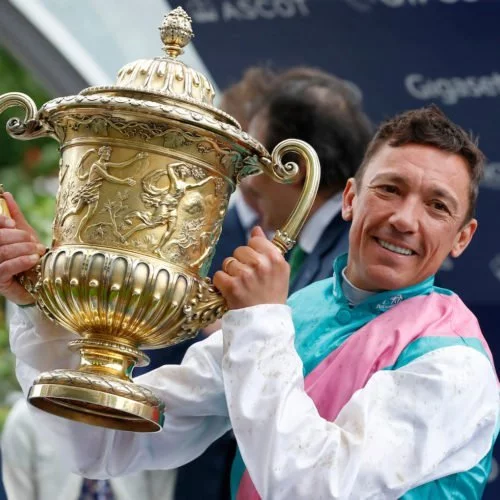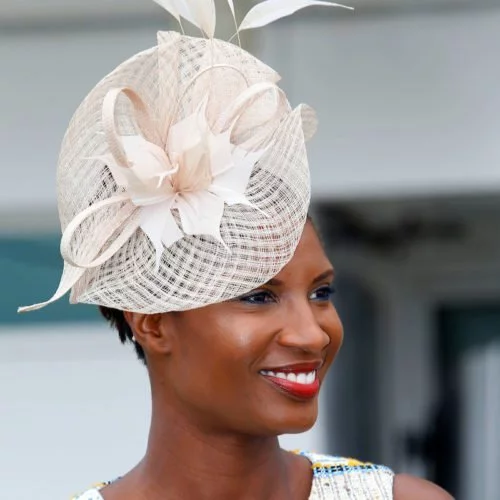There can be little doubt about how huge an impact Her Majesty the Queen has made on British racing.
Ever since she first began attending the meeting over 70 years ago her tireless affection for racehorses has helped to ensure it remains such a huge moment in the British summer today.
Since she ascended to the throne in 1953 she has supported the Royal meeting with unwavering dedication. Her Majesty has attended every day of the meeting arriving along the track in a horse-drawn carriage with the one exception being last year due to Covid-19 restrictions.
This year, The Queen will be attending Royal Ascot but due to Covid-19 restrictions Her Majesty is only likely to be at Ascot on days that she has runners which currently stands as Tuesday, Wednesday and Saturday (according to The Times) which is subject to change depending on which races certain horses run.
Nonetheless, racegoers and many at home watching TV will very much like seeing The Queen enjoy her favourite sport!
Over the years at Royal Ascot, The Queen has visited the winners’ enclosure on 24 separate occasions from the 1950s right up to the present decade.
The Queen at Royal Ascot through the decades
1950's
Following the death of her father, King George VI, in 1953 Queen Elizabeth II inherited the family's breeding operation.
She didn't have to wait long for her first Royal Ascot winner as Choir Boy obliged in the 1953 Royal Hunt Cup. This started a golden spell of impressive wins for the monarch, who visited the Ascot winners' enclosure seven times over the first two years of her reign.
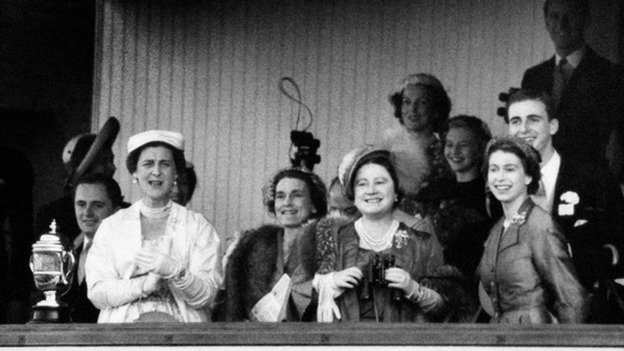
1957 saw the emergence of a hugely promising young two-year old, Pall Mall.
The pacey youngster motored away to win the 'New Stakes' (a race which was renamed the Norfolk Stakes in 1973). before going on to bigger and better things as he placed in the July Stakes, the Gimcrack Stakes and the Champagne Stakes, alongside winning the 2,000 Guineas in 1958, the Queen's second Classic victory as an owner.
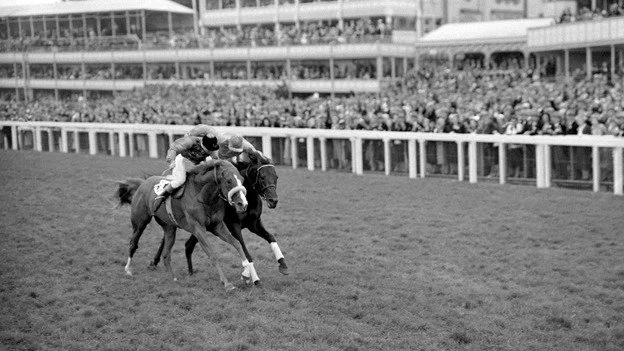
1960’s
The 60’s proved to be a quieter time for Her Majesty’s horses at Royal Ascot, though she wasn’t without success. The most prestigious winner came when Aiming High who eased to victory in the 1961 Coronation Stakes by the legendary rider Lester Piggott.
Her other victory came in 1968 as Hopeful Venture won the Hardwicke Stakes.
1970’s
However, the 1970’s provided the Queens string with a new lease of life as her fortunes were drastically improved through the emergence of two marvellous fillies, Highclere and Dunfermline.
However, neither of these two champions contributed to here 23 Royal Ascot winners. In 1974 Highclere captured the 1,000 Guineas before following up in the French Oaks but never ran at Royal Ascot. The other, Dunfermline, was victorious in the Oaks and St Leger in 1977, although sole her visit to the Royal Meeting came as a runner-up in the 1978 renewal of the Hardwicke Stakes.
The Queen did however have three successes within that decade. Magna Carta wont the 1970 renewal of the Ascot Stakes, Expansive battled to Ribblesdale Stakes victory in 1979 and Butress won the 1979 renewal of the Queen’s Vase.
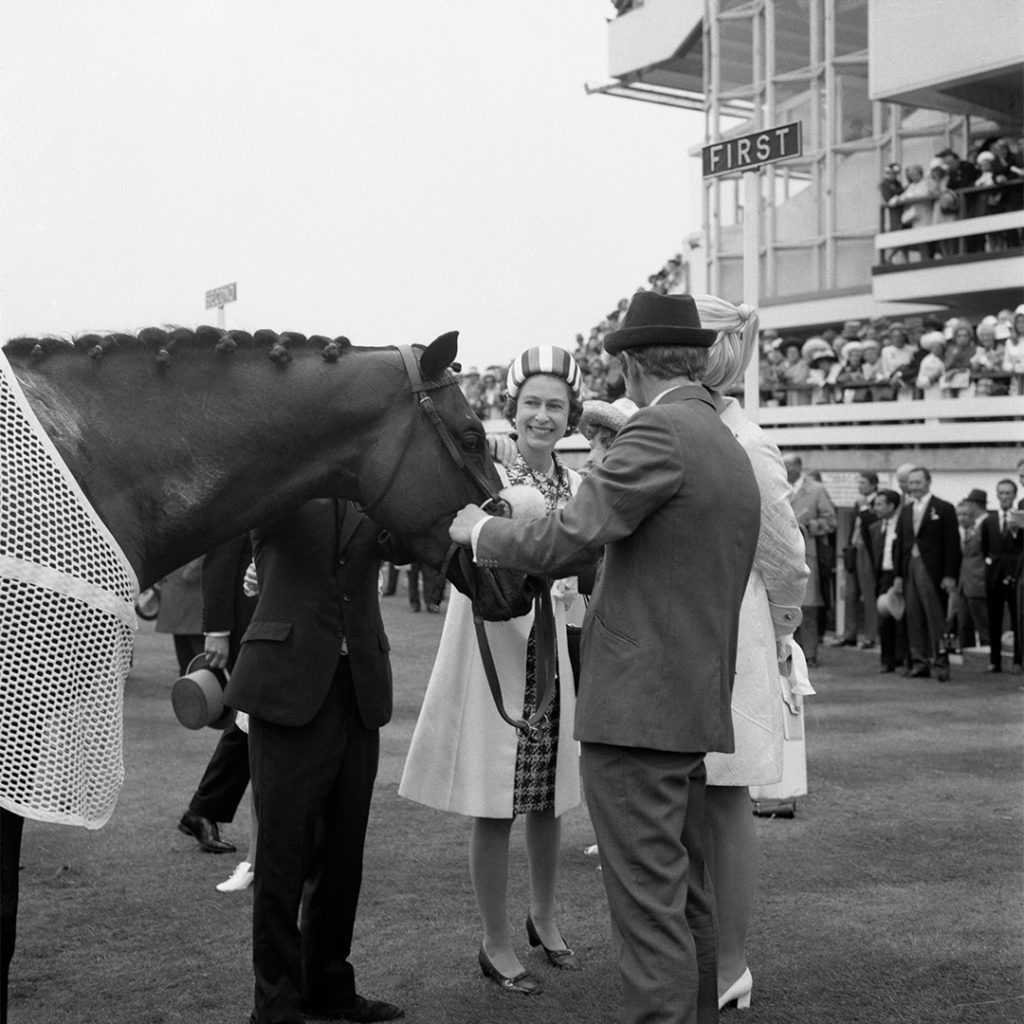
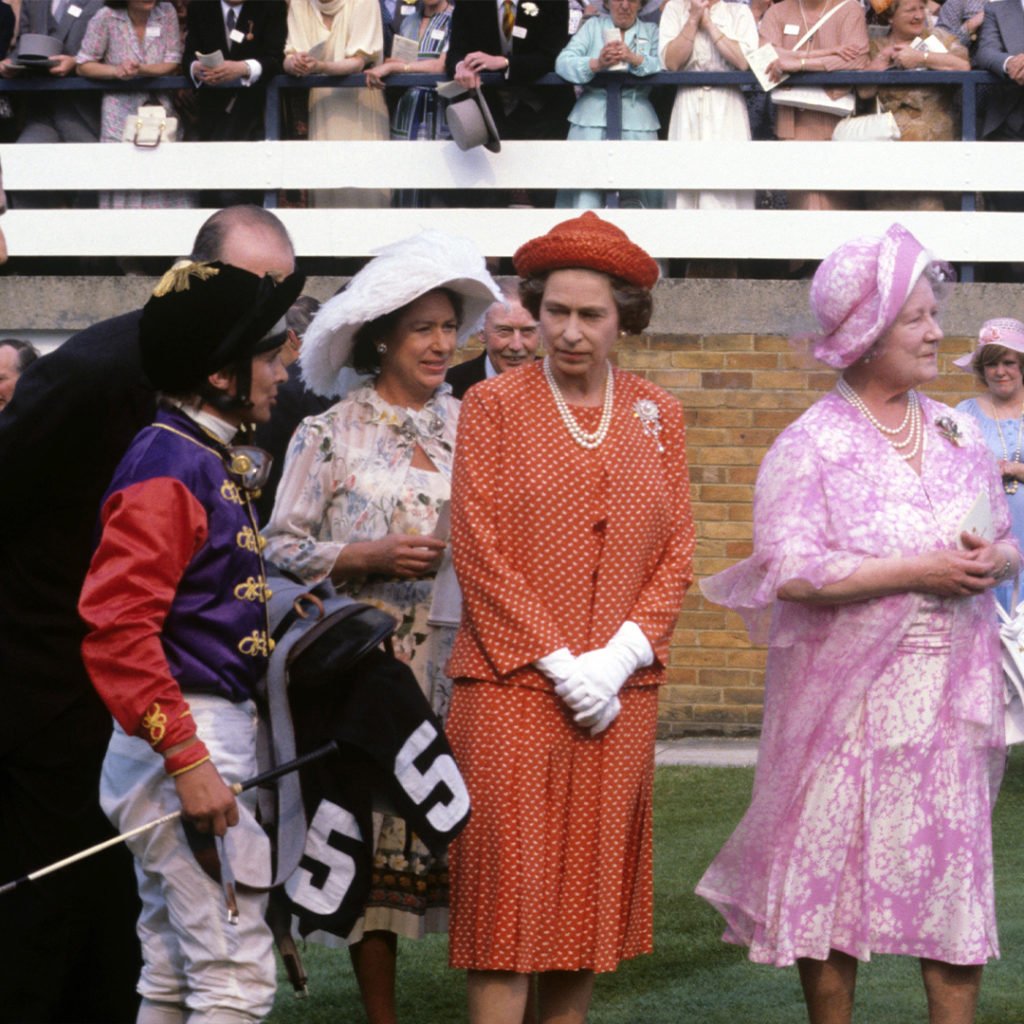
1990’s
A lean spell then followed in the 1980s, but thankfully the 90s proved more fruitful as the Queen added a further three victory’s to her Royal tally.
The 1992 Royal Hunt Cup went the way of the Lord Huntingdon-trained Colour Sergeant, whilst the Queen also took the spoils in the 1995 Ribblesdale Stakes as Frankie Dettori claimed victory on Phantom Gold. It was another 4-years before the British public saw another Royal winner as Blueprint won the 1999 Duke Of Edinburgh Handicap.
2000’s
Nine years would pass before the Queen’s next Royal winner; as the sport’s top prizes became harder and harder to win with a stream of wealthy international owners now vying for glory at Britain’s most prestigious meeting
Much like a football side looking for a new spark of life, it took a Free Agent to reverse nearly a decade of disappointment.
Only this time this Free Agent was a promising juvenile trained by the multiple champion trainer Richard Hannon Snr and a horse which The Queen held a great deal of faith in.
His victory in the 2008 renewal of the Chesham Stakes was only his second career start and, such was the manner of his performance, there was talk of a the horse having a significant part to play in the Classic’s the following year.
After the race, the Queen’s racing manager, John Warren, said: “The Queen was absolutely thrilled and after they passed the post she said ‘I’ve done it!’ which was great.”
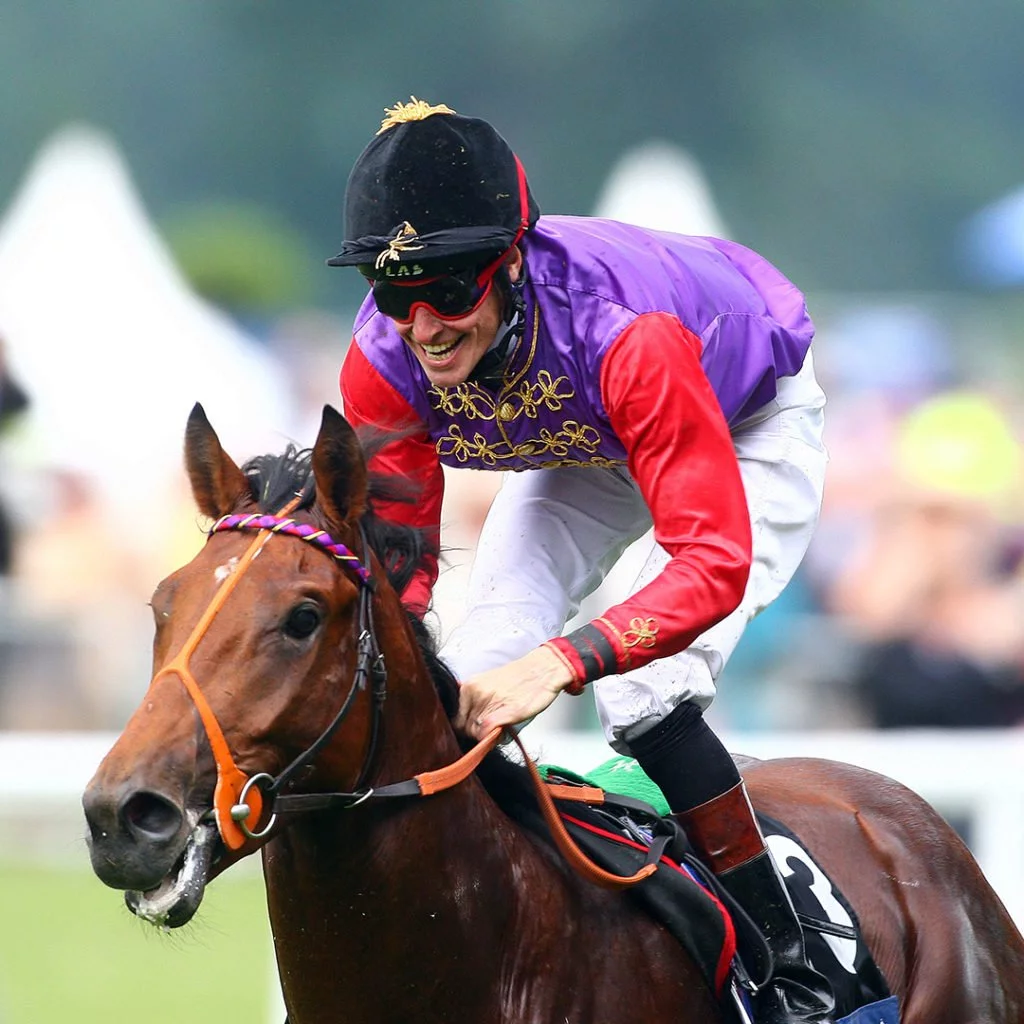
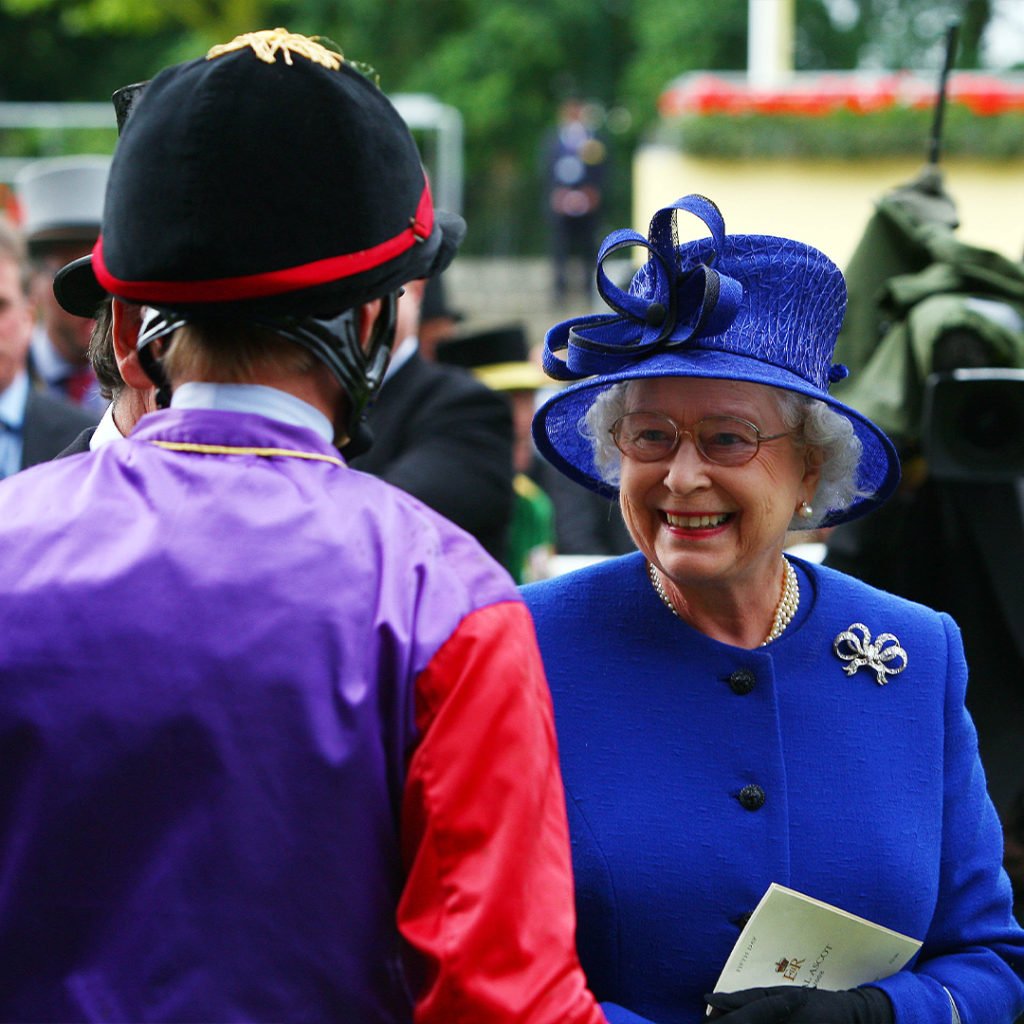
2010’s
Arguably the Queen’s most cherished winner was that of Estimate, the first horse to give a reigning monarch a win in the biggest prize of the Royal meeting, the Gold Cup.
Having won the Queen’s Vase the year before, both the Queen and the British Public had high hopes for the then four-year-old filly.
She came into the race as a well backed favourite and, despite the close finish, prevailed to provide one of Royal Ascot’s most memorable moments.
2020s
The Queen celebrated her first Royal Ascot winner for four years as Tactical won the Windsor Castle Stakes under James Doyle. The customary celebratory scenes that accompany a royal winner however were not to be seen as the Ascot stands were empty due to Covid19.
On The Queen’s absence her majesty’s racing manager John Warren commented ” “It’s a great shame The Queen is not there to go down and enjoy the buzz but over the last two days she has managed put some time aside to spend a bit of time watching the big races. It still gives her tremendous pleasure.”
More on Royal Ascot
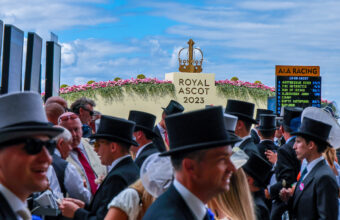
Your Guide to Royal Ascot
The Key Races There are eight Group 1 races spread over the five days of Royal Ascot. The meeting starts on Tuesday with possibly the best two hours of racing anywhere in the world....
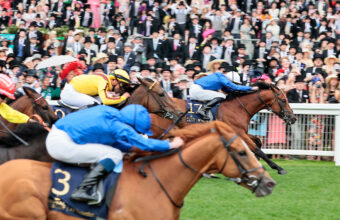
Royal Ascot – The World’s Most Famous Race Meeting
A Poignant Occasion Dripping with British tradition, it is one of the biggest social events of the year with thousands of people flocking to the track to enjoy the occasion. This year,...
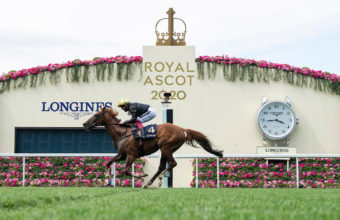
All You Need To Know About Royal Ascot
Royalty and Style The very best horses take each other on with some of the most prestigious prizes in racing up for grabs during one of the great social events of the...
